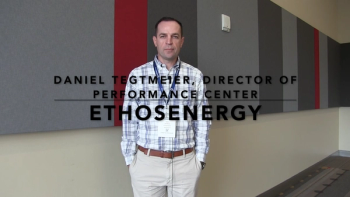
IMO Sulfur regulations to impact energy industry
As the shipping industry is the biggest culprit of sulphur emissions, the International Marine Organisation (IMO) will be launching Regulation 2020, set to cut sulphur emission, a by-product of the fuels used, by 80 per cent. This will have a marked impact as the marine industry accounts for half of the global fuel oil demand. Last year, the marine industry consumed 3.8 billion fuel/oil barrels per day.
As governments and businesses across the globe continue working to reduce emissions, the 2020 regulation will be latest efforts to ensure the shipping sector is in line with other industries that are consciously striving to reduce greenhouse gas emissions. The regulation will see sulphur limits for bunker fuels cut from 3.5 percent to 0.5 percent.
According to a study by consultancy Wood Mackenzie, who will be speaking at the upcoming Tank Storage Asia conference, the shipping industry’s annual bunker costs could rise by up to $60 billion in 2020 with full compliance with the IMO’s sulphur cap.
Nick Powell, StocExpo & Tank Storage Portfolio Divisional Director comments: “2020 is not far away and will be on our doorstep before we know it. It is important to act now to ensure that the right frameworks, operations and business modelsare in place to guarantee compliance as the vessels that fail to do so will face severe fines or could be prevented from sailing.
“The industry as a whole shouldn’t overlook the wider impact that the regulation will have, Singapore may need to repurpose some storage tanks to prepare for a shift from fuel oil to gas oil bunkering.”
Mr Powell continues: “The IMO 2020 regulation is going to have a marked impact on the tank storage industry, with many believing that there will be an increase in demand for storage as the industry shifts to compliant fuel options.
“The IMO 2020 regulation will take centre stage at the upcoming Tank Storage Asia conference, as we grapple with what compliance of IMO 2020 will look like for the industry.”
Newsletter
Power your knowledge with the latest in turbine technology, engineering advances, and energy solutions—subscribe to Turbomachinery International today.




